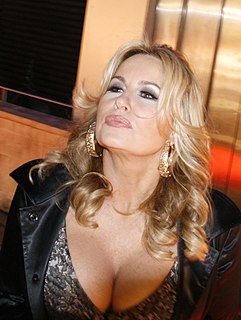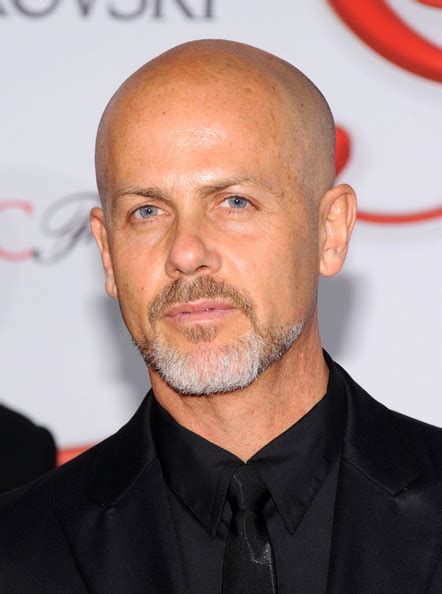A Quote by Rebecca Serle
American fantasy is not a genre we think about too often. Sure, we are familiar with the worlds of English boarding school houses and castles and fairies, but true American fantasy, fantasy that is built on the land of this country, is hard to come by.
Related Quotes
I really wish that peoplewould just say, 'Yes, it's a comic. Yes, this is fantasy. Yes, this is Science Fiction,' and defend the genre instead of saying, 'Horror is a bit passe so this is Dark Fantasy,' and that' s playing someone else's game. So that's why I say I'm a fantasy writer and to hell with 'It doesn't read like what I think of as a fantasy'. In that case what you think of as a fantasy is not a fantasy. Or there is more to it than you think.
I'm a fantasy writer, called a fantasy writer. But there's very little, apart from one or two basic concepts in 'I Shall Wear Midnight,' which are in fact fantasy. You have sticks that fly, but they're practical broomsticks, with a bloody great strap that you can hold on to so you don't fall off. And you try not to use them too often.
If you are going to write, say, fantasy - stop reading fantasy. You've already read too much. Read other things; read westerns, read history, read anything that seems interesting, because if you only read fantasy and then you start to write fantasy, all you're going to do is recycle the same old stuff and move it around a bit.
I've always really loved big worlds and the kind of worldbuilding where you can open a portal into a new realm that feels full and complete. At the same time, I also really love history. So the combination of big worlds and history draws me directly into fantasy. Well, it should turn me towards historical fiction but I'm such a perfectionist about research that I'm not sure I could ever write a book in that genre properly. In fantasy, you have to have the same level of precision, but it's not as research-based. Plus, I get to write my little info sheets and draw my maps.




































